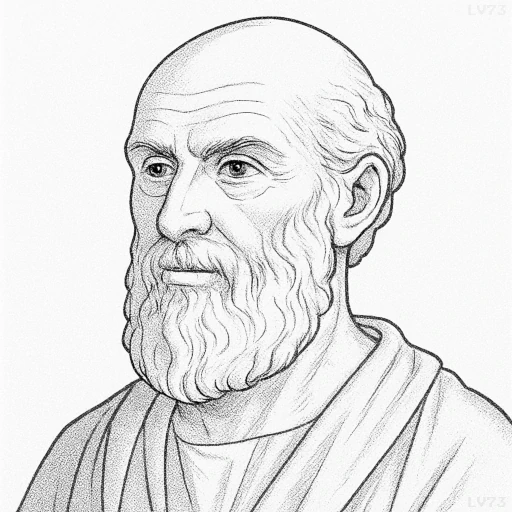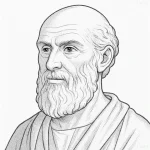“Make a habit of two things: to help; or at least to do no harm.”

- c. 460 BC – c. 370 BC
- Greek
- Physician, “Father of Medicine”
table of contents
Quote
“Make a habit of two things: to help; or at least to do no harm.”
Explanation
This quote is a well-known summary of Hippocratic ethics, and while the precise wording may differ across translations, the sentiment is faithfully derived from the Hippocratic Corpus. It encapsulates the foundational principle often paraphrased as “first, do no harm” (primum non nocere), though that Latin phrase itself does not appear verbatim in Hippocrates’ writings. The quote reflects the ethical duty of the physician to prioritize the well-being of the patient and to act only when the action is likely to help or, at the very least, not worsen the situation.
The first directive—“to help”—affirms the proactive role of the physician in relieving suffering and restoring health. The second—“or at least to do no harm”—introduces a cautious, humble approach to treatment, acknowledging that medical interventions carry risks. In an era where limited medical knowledge often meant dangerous remedies, this principle advised restraint and ethical responsibility over reckless experimentation.
In contemporary medicine, this dual obligation remains a cornerstone of clinical ethics. It governs everything from prescribing medication to surgical decisions, guiding doctors to weigh benefits against risks. In fields like bioethics, patient rights, and informed consent, the Hippocratic ideal reminds practitioners that their ultimate obligation is not merely to act, but to act wisely and compassionately.
Would you like to share your impressions or related stories about this quote in the comments section?
